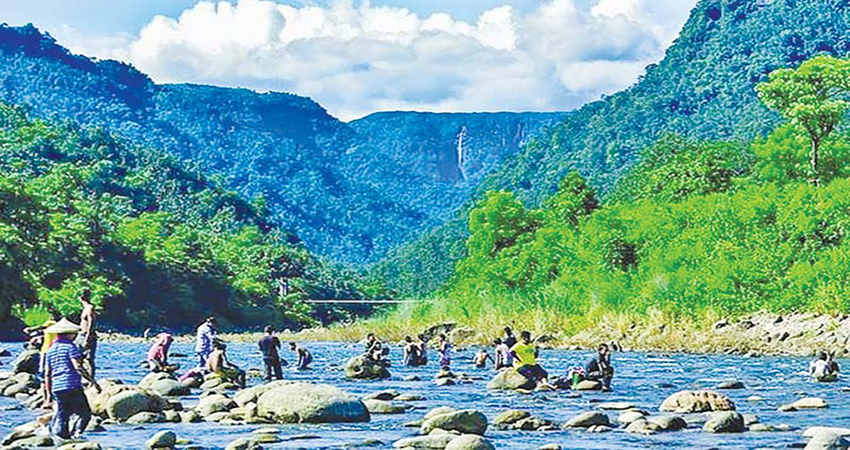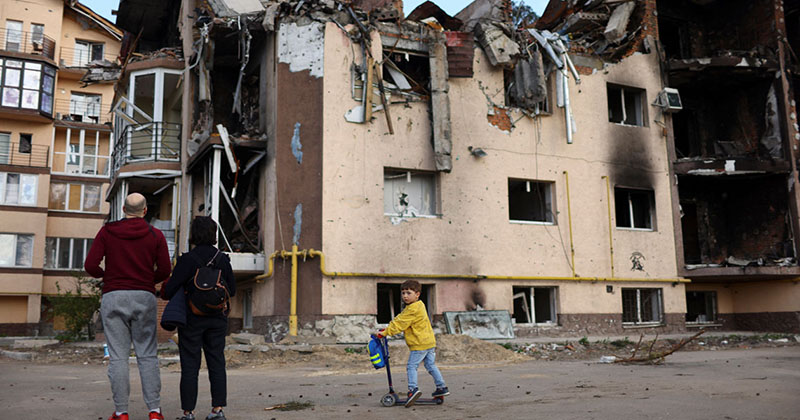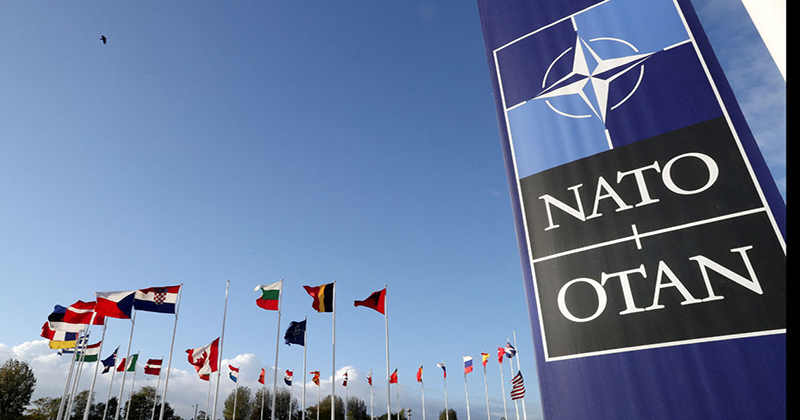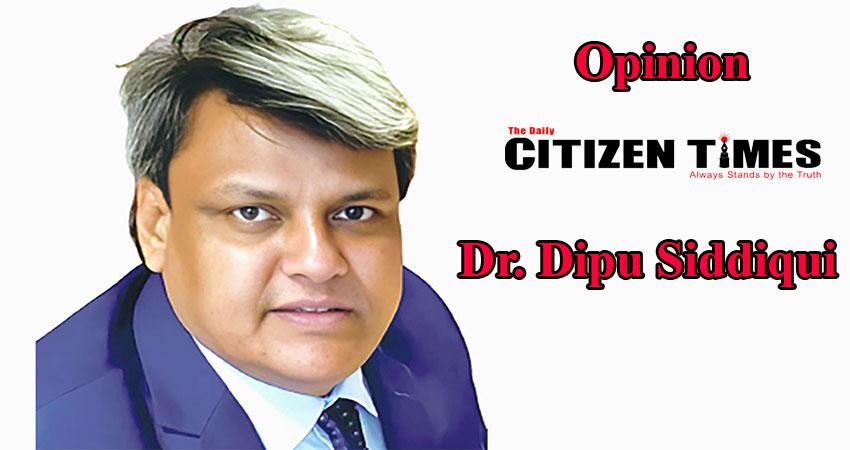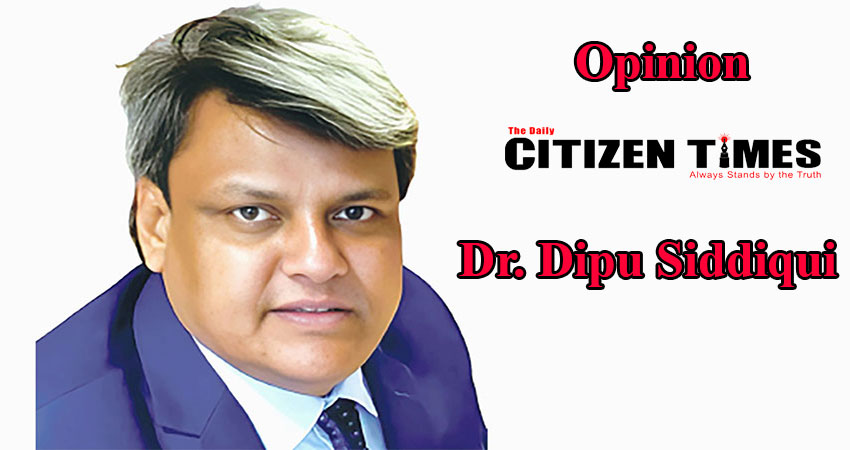September 27, World Tourism Day (WTD). Every year this day is celebrated in the member countries of the UN in a meaningful manner to highlight and emphasize different issues. This year the theme of this day is 'Rethinking Tourism'. Indonesia is the host country for celebrating the day this year. The country has observed this day to give emphasize tourism as an important weapon for sustainable development.
The COVID pandemic makes tourism one of the most vulnerable sectors in the world due to the lockdown situation and maintaining social distance. UNWTO predicted that international tourist arrivals declined up to 440 million with USD 450 billion in tourism receipts during the pandemic. Around 96% of destinations worldwide imposed travel restrictions in to response this pandemic.About 90 destinations implemented travel bans from other destinations during thepandemic situation. About 56 destinations suspended their function completely or partially due to international flights shutting off. World Travel and Tourism Council (WTTC) estimated that the pandemic reduced 50 million tourism jobs and 75 million jobs faced risk globally.
During the pandemic, tourism is the most affected sector with airlines' flights suspend, hotels and other accommodations closed and travel restrictions implemented in the maximum countries around the world.After the pandemic situation, the whole world is trying to recover the losses of the tourism sector through rethinking new scopes and recognizing the opportunities.The pandemic situation is creating the transformation of tourist activities, opportunities to meet the challenges, and involving more people to get benefits through restarting the tourism sector. Again, tourism development can also contribute to ensuring green growth, economic progress, and social enhancement during this post-pandemic situation. This situation is demanding the policymakers, industry leaders, academia, and other stakeholders to rethink the ways of diverse contributions from tourism and necessary actions in this regard. The rethinking opportunities in tourism can bring well-being to the communities and contribute to achieving SDGs. It is essential to make tourism sustainable, and inclusive, and ensure potential growth and empowerment for the communities with proper realization.
Bangladesh is one of the most affected countries in the world due to the global pandemic situation. The tourism sector of the country is also largely affected by the COVID pandemic. According to UNWTO prediction, the country has faced a loss of about TK. 40 billion during the pandemic situation. The Tour Operator Association of Bangladesh (TOAB) has estimated that the tourism sector loses up to Tk. 60 billion due to the pandemic. Again, the Pacific Asia Travel Association (PATA) predicted that the COVID situation has encountered approximately TK. 97 billion loss in the tourism sector of Bangladesh.
The theme 'Rethinking Tourism' is appropriate for Bangladesh in the current situation. After the pandemic situation, the country has taken various initiatives to foster the tourism sector for creating employment opportunities and achieving SDGs. Bangladesh Tourism Board (BTB) is playing numerous roles as champion stakeholders for sustainable tourism development in the country. The Tourism Master Plan of Bangladesh hasbeen formulated under the supervision of BTB for inclusive tourism development in the country.
BTB has formulated the 'National Tourism Human Capital Development Strategy for Bangladesh 2021-2030' to identify the demand and supply opportunities of human resources in the tourism sector. Moreover, BTB has developed guidelines for 27 segments for sustainable tourism development in the country. Bangladesh Parjatan Corporation (BPC) has handed over the list of 800 potential tourist spots in the country to the Parliamentary Standing Committee for country-wide tourism development. Bangladesh Bureau of Statistics (BBS) has constructed the 'Tourism Satellite Account'2020' with the relevant statistics and information related to the tourism sector. Again, BTB has conducted a study on the 'Impact of Covid-19 in Bangladesh Tourism Industry Assessment and suggestion' by the Bangladesh Institute of Development Studies (BIDS) to identify the situation analysis and necessary recommendations for the tourism sector due to the pandemic condition. The construction works of the 3rd terminal of Hazarat Shahjalal International Airport and Cox's Bazar Airport are ongoing to increase the capacity and modernize the airport services for the passengers.
Bangladesh Economic Zones Authority (BEZA) has been developing three exclusive tourism zones namely Naf, Sabrang, and Sonadia based on Bay-of-Bengal to attract foreign tourists as well as create employment opportunities. Among the international organization, UNDP Accelerator Lab has been contributing with BTB in tourism-related innovations for enhancing tourism development, creating informal employment opportunities, and alleviating poverty in the country. This initiative is arranging a capacity-building program for the tourism stakeholders in Cox's Bazar, Dhaka, and Chittagong Hill Tracts (CHT).
UNDP Accelerator Lab is facilitating a behavioral insight innovations program for informal workers to develop them into 'Smart Tour Guides' and the employees of amusement parks. The organization is working to maintain sustainability in the country's only coral island- Saint Martin's through a waste management project, Blue Tourism, and Blue Economy. This international organization is providing strategic support and innovations to BTB for blue tourism development to utilize marine and coastal resources. UNDP Accelerator Lab is facilitating BTB for community-based tourism (CBT) and rural tourism development in selected suitable locations in Bangladesh. The UNDP Accelerator Lab has been generating new data by mapping the tourist mind for informal employment and decision-making in the tourism sector. The organization also supports in Tourism Master Plan through innovative activities.
The future challenges for the tourism sector in Bangladesh are ensuring stakeholders' empowerment for sustainable tourism development, making proper transformation for effective roles from the local communities in tourism activities, and ensuring tourists' satisfaction during their visit period. UNDP Accelerator Lab is continuing the 'Whole of Society' approach to accumulate and empower the tourism stakeholders for sustainable tourism development. The government and local authorities can apply policy initiatives for benefits the gathering and well-being of local communities. Finally, develop a touristic culture in the country to ensure safe and satisfactory visits for the tourists.
The writer teaches at National University, Bangladesh

